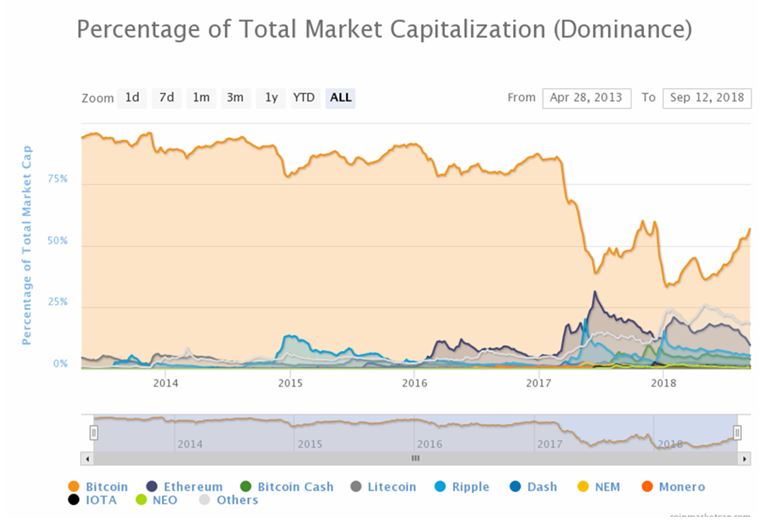Why blockchain and cryptocurrency might cause problems?

Four major issues have put the central banks and tax administrations on alert:
- The decentralised character of blockchains: Most blockchains work thanks to a global network of stakeholders, including developers, miners, network nodes (with a copy of the registry) and blockchain users. In this context, it is difficult to address an individual entity to require this or that modification, even when this entity is a state – and hence powerful.
- ‘Out of control’ monetary creation: The principle of mining, by which crypto-assets are created and valued, is beyond the control of any central bank. This monetary creation is increased by the open source nature of blockchain technologies and, therefore, the possibility for anyone to develop a blockchain with their own chosen characteristics in order to create a new virtual currency.
- Anonymity: As with the Monero blockchain, there is a category of blockchains offering complete anonymity for transactions. It is currently small,[1] but one may well imagine that states would not be advocates of this type of technology, which allows the nature of the transaction, its amount and the parties involved to remain hidden. How can such transactions be taxed? Whom to tax?
- A move from FIAT currency to the cryptocurrency network: The global nature of ICOs[2] is changing the scope of the innovations that are financed this way. For the first time in the history of finance, any organisation or company can create its own token and promote it globally. This ecosystem of virtual currencies, which is consolidated by direct purchases or ICO investments, is building a new monetary model that connects the use to the currency, for now missing any regulation.
A technology shaped for massive deployment
To illustrate the vitality of the ecosystem, the graph below shows its progression and diversification.

Figure : Breakdown of main cryptocurrencies in terms of capitalisation.[3] It is observed that bitcoin is now beginning to be challenged by many other virtual currencies. Source: Coinmarketcap.com
Hence numerous development scenarios are now open.
One thing is certain: the states still governing the world’s affairs today will not let a mechanism run riot that could undermine their vision and position as intermediaries in human and international relations. And, of course, cryptocurrencies are the tip of the blockchain iceberg. Practically, all sectors are becoming involved in this rollout, from logistics, to the Internet of Things, as well as the legal system and even football clubs like Paris Saint Germain…
The amounts invested in R & D in the four corners of the planet are such that, in our view, these applications will become fully operational and be launched in a big way in the next few years – within 2 to 5 years maximum.
Consequently, we are aware of the strength of the future impact on the real economy and the need for states to position themselves in this decentralised world. Yet, paradoxically, the current absence of regulation is cooling ardour and slowing things down.
The fundamental questions that states will have to answer are:
- How to maintain financial stability when every organisation or company can create its own currency?
- How can crypto-assets be taxed to meet investment needs – e.g. in infrastructure, education, health, etc.?
- How can regulation be implemented at the state level in this virtual universe which knows no boundaries?[4]Read all the GEAB 127
_______________________________________
[1] Most blockchains use pseudonymity which does not allow you to hide identity in a safe way.
[2] The website icobench.com presents visual statistics making it possible to quickly perceive the current dynamics
[3] On this graph, 10 cryptocurrencies are named and represented. The phrase ‘Others’ corresponds to more than 1,900 other cryptocurrencies listed on the website coinmarketcap.com
[4] Status of the regulation country by country at the end of July 2018, since the borders of the net still exist. Some states do not hesitate to restrict access to certain sites, but these measures are not popular and are rarely implemented in democratic countries. Source: Bitcoin Market Journal, 27/07/2018



Comments